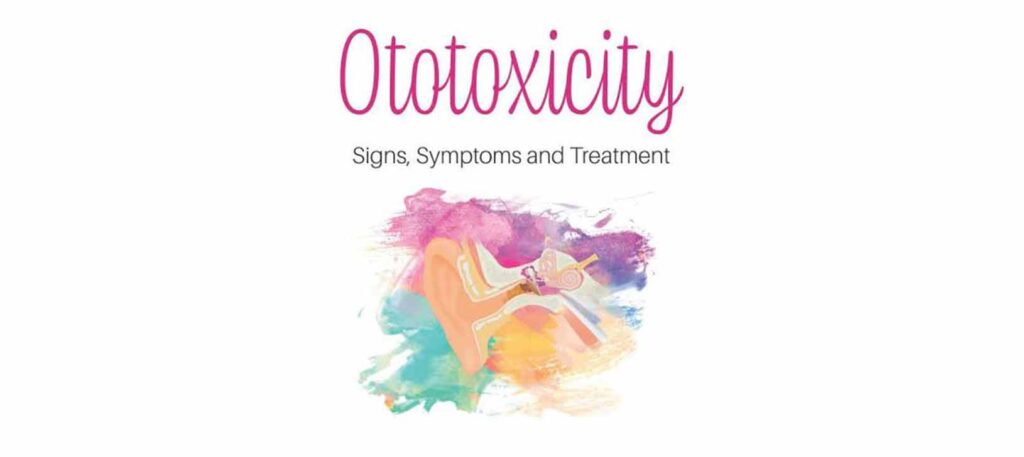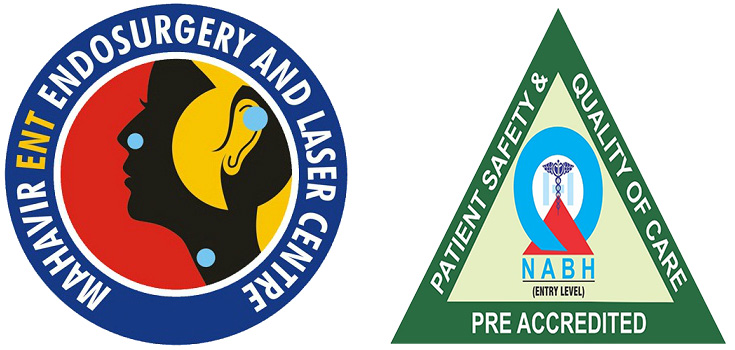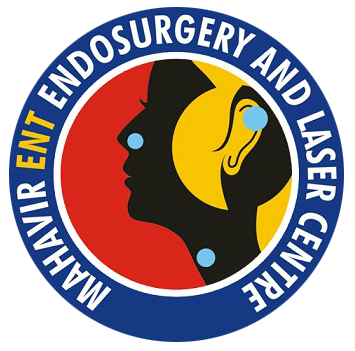Ototoxicity
Services > Ototoxicity
- Vertigo
- Ear Wax
- Ear Pain
- Ear Infections
- Ear Cholesteatoma
- Acoustic Neuroma
- Torn Ear Lobes
- Perforation In Ear
- Ototoxicity
- Otitis Media
- Mastoiditis
- Hearing loss
- Foreign bodies in the ear
- Rhinoplasty
- Breathing Problems
- Foreign bodies in nose
- Nasal Bone Fracture
- Nasal Septum
- Nasal Polyp
- Nasal Deformity
- Nosal Allergy Clinic
- Nose Bleeding Treatment
- Sinus Treatment
- Chronic Sinusitis
- Adenoidectomy
- Voice Disorders
- Salivary gland problems
- Papillary Thyroid Carcinoma
- Oral and Throat problems
- Laryngeal Vocal Nodules
- Laryngeal Vocal Cord Palsy
- Foreign body in esophagus
- Foreign body in bronchus
- Difficulty in Swallowing
- Cancer of the Larynx
- Sleep Apnea
- Snoring Treatment
- Head & Neck Cancer
- Thyroid Cancer / Papillary Carcinoma

Ear Poisoning

Ototoxicity is when a person develops hearing or balance problems due to medicine. This can happen when someone is on a high dose of a drug that treats cancer, infections, or other illnesses.
When doctors find ototoxicity early, they may be able to prevent it from getting worse. They also can help kids find the right treatments and therapies to manage problems the condition can cause.
What Happens in Ototoxicity?
Ototoxicity damages the inner ear. This part of the ear gets and sends sounds and controls balance. How much damage happens depends on:
- the type of medicine causing it
- how much medicine the child got
- how long the child took the medicine
The symptoms of ototoxicity can come on suddenly or show up over time.
Kids with ototoxicity might have:
- no problems
- minimal hearing loss but not notice a problem
- “ringing in the ears” (tinnitus). This also can cause strange sounds
- like hissing, buzzing, humming, and roaring.
- major problems with balance
- hearing problems, usually in both ears (called bilateral hearing loss). They may have trouble hearing certain things, from high-pitched sounds to talking if there’s background noise.
- profound hearing loss (deafness)
- limited, poor, or no speech
- not seeming to pay attention
- problems in school or trouble with learning
- turning up the volume on the TV or stereo
- not responding to conversation-level speech or noises as expected. Babies and kids who aren’t talking yet won’t react to or turn their heads when they hear a loud sound.
- becoming tired more quickly or more often after hours of careful
- listening (such as after school)
- falling a lot
- an unsteady “woozy” feeling that makes it hard to stand up, walk, or climb the stairs without falling
- walking with their legs too far apart
- not being able to walk without staggering
- trouble walking in the dark
What Can Help With Hearing Loss?
Kids with serious damage to the inner ear may need an amplification device, hearing aid, or cochlear implant:
- An amplification device called an FM system can help reduce background noise. Some classrooms have FM systems, or “auditory trainers,” to improve hearing in group or noisy environments. These also can be fitted for personal or home use. Other assistive listening or alerting devices may help older kids.
- Hearing Aids can fit inside or behind the ear and make sounds louder. An audiologist adjusts them so that the sound coming in is amplified enough to let a child hear it well.

